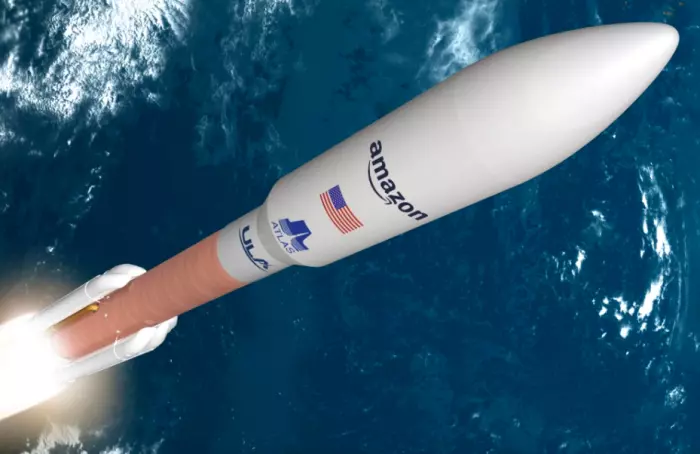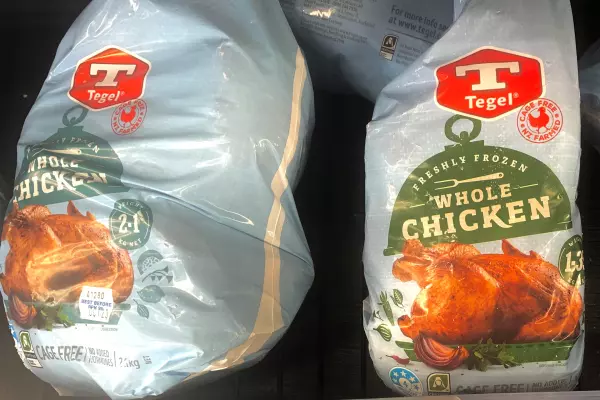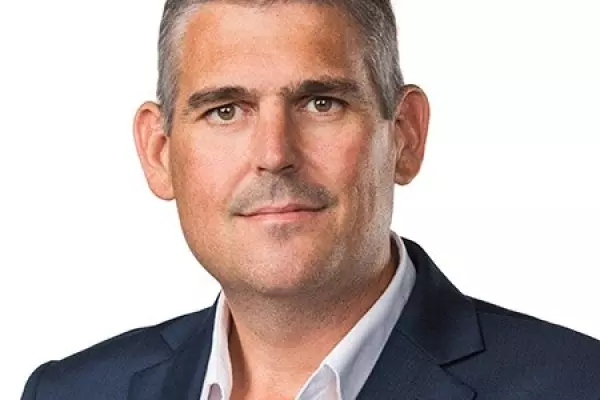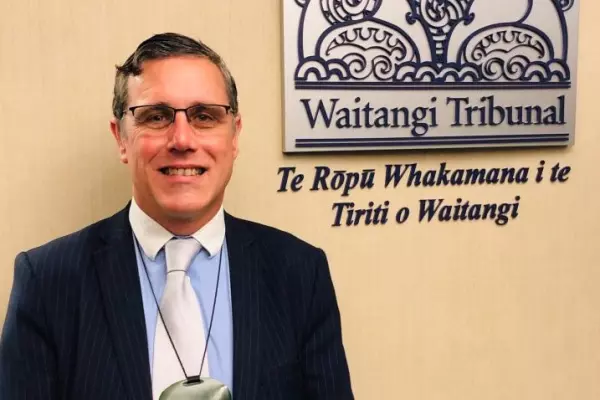Watch this space is the response from e-commerce giant Amazon regarding its reservation of the name Amazon Kuiper New Zealand Limited at the Companies Office this week.
Amazon’s Project Kuiper, a US$10 billion project announced in April 2019 will put 3,236 satellites in low orbit around earth to make high-speed broadband available to tens of millions of unserved and under-served internet users globally.
The company has promised more low-latency bandwidth and low pricing for its network as it jumps in behind other players such as Elon Musk’s Space Exploration Technology (SpaceX) and its Starlink broadband global satellite network, already in operation after launching 60 satellites in 16 batches.
When asked about the New Zealand name reservation and whether it was connected to freshly-listed Rocket Lab on Nasdaq, Amazon Kuiper's US public relations manager, James Watkins said: “We don’t have anything to share at the moment. I’m sure that’ll change at some point in the future.”
Secrecy
Amazon has maintained a high level of secrecy around the project, but has revealed the satellites will be launched in five waves and that the first wave will consist of 578 satellites providing internet services in two horizontal coverage bands.
One band stretches between Philadelphia and Moscow in the northern hemisphere and in the southern hemisphere, from Hastings in New Zealand to the top of the Britain’s South Sandwich Islands in the Atlantic Ocean.
Hastings sits below Mahia Peninsula where Rocket lab launches rockets but Rocket Lab’s communication manager, Morgan Bailey said on Thursday the company was not talking to Amazon Kuiper.
She said it wasn’t the only satellite company registering in New Zealand.
Rocket Lab has been touted on several occasions in US technology publications and aerospace reports as one of a handful of companies that could fulfil Project Kuiper’s orders for both satellites construction and launches.
“When you have to put 3,200-plus things into space, you will need lots of launch capacity,” Amazon’s devices and services vice president, David Limp told US media last year.
“Our hope is that it’s not just one provider, that there will be multiple providers,” he said.
Project Kuiper was granted approval by the US Federal Communications Commission in July 2020 to deploy and operate the 3,236 satellites in the US, but with a caveat that to maintain authorisation it must launch at least half that number by July 30, 2026 with the balance put in orbit by July 30, 2029.
Since then the company has begun applying for licences in other countries to operate its network.
In February it advertised for an Australian-based public policy manager to handle international regulatory affairs and do a licensing strategy in Australia as well as provide support for licensing in the Asia-Pacific region.
Amazon announced in April that United Launch Alliance (ULA) would be its first launch provider for its satellites on nine Atlas V rocket launches, but it has yet to set a date for either a test or full schedule, nor has it said how many satellites each launch could handle.
ULA is a joint venture between Boeing and Lockheed Martin. The latter is a shareholder in Rocket Lab.















